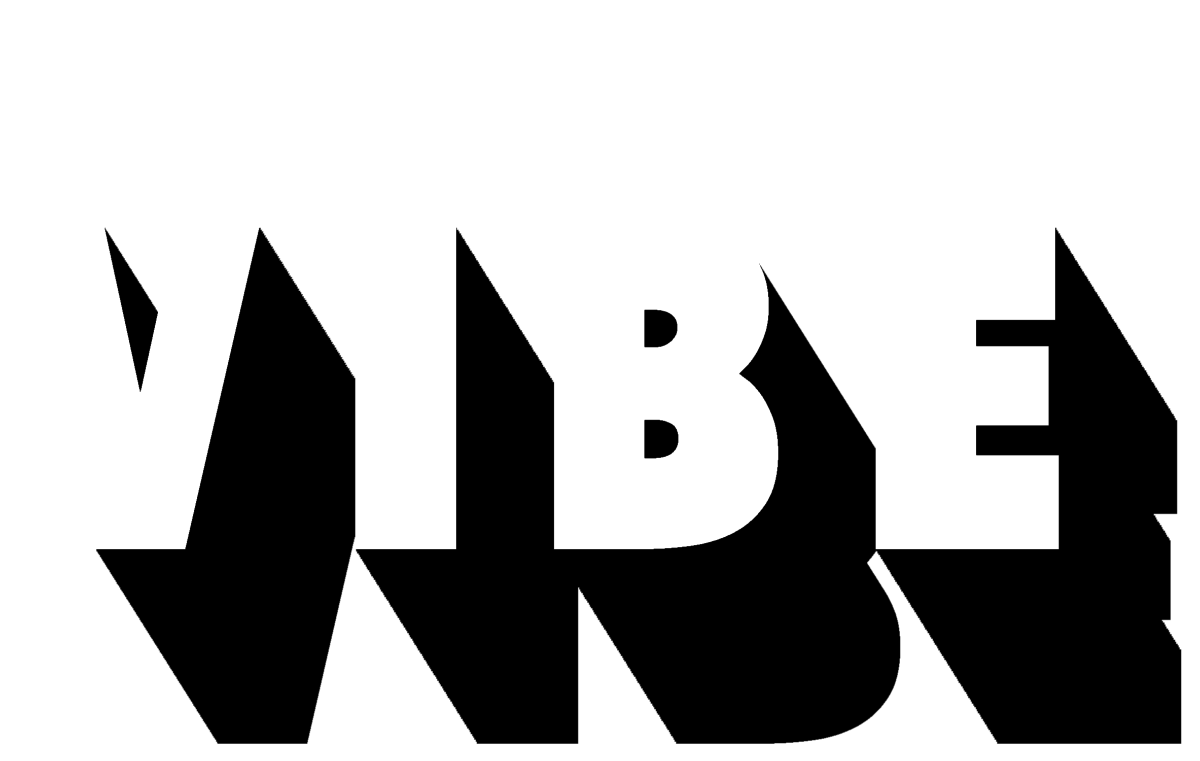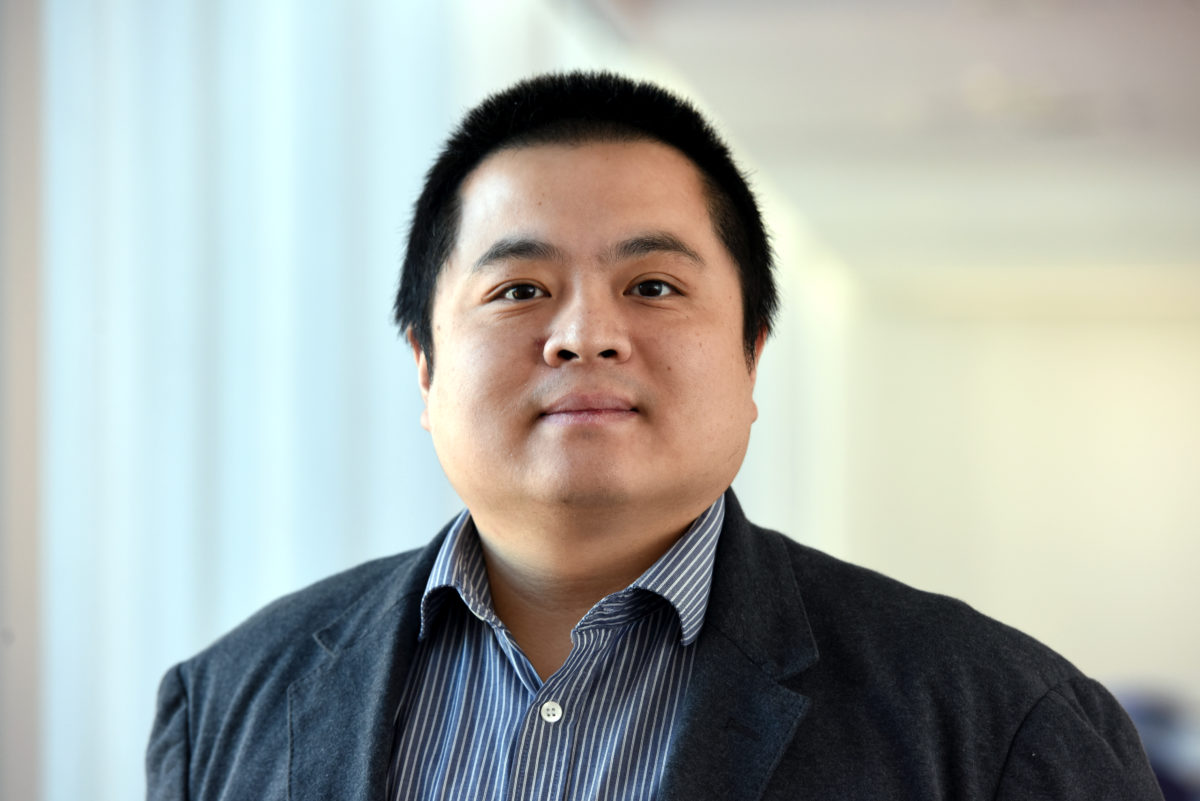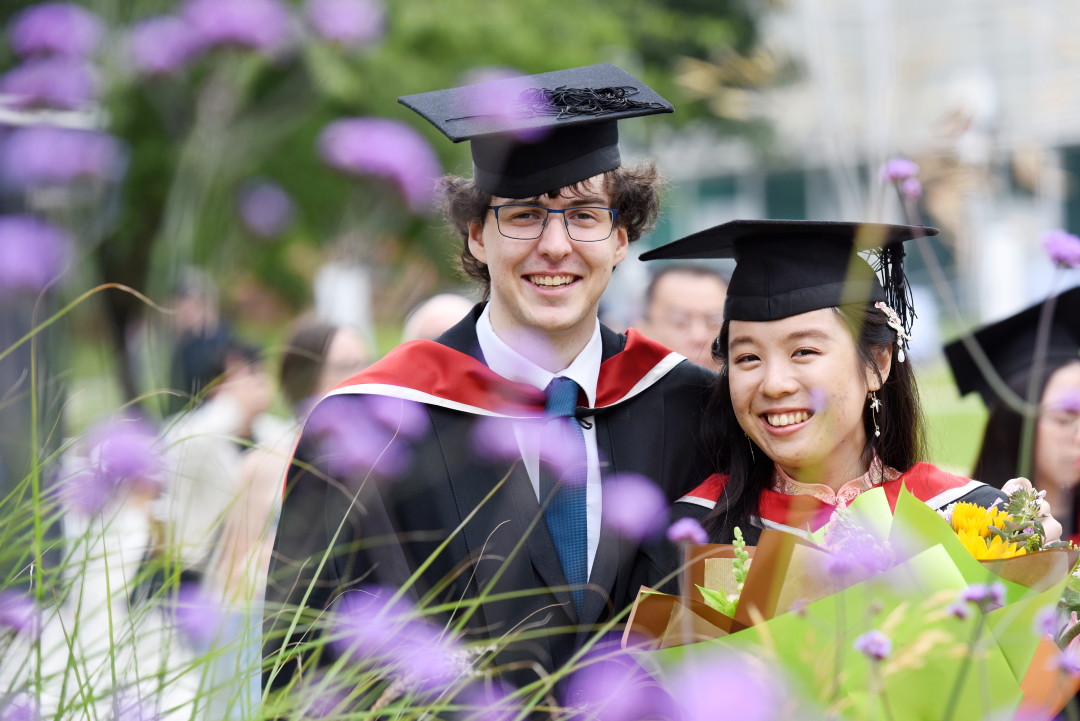I pursued a Master’s and PhD in Economics in the late 2000s due to my intellectual curiosity and a desire to understand the world, particularly in the wake of the 2008 global financial crisis. This event highlighted the intricate link between economic systems and the well-being of individuals, communities and nations, compelling me to delve deeper into economics. I was fascinated by how economic policies impact societal outcomes like employment, income distribution, and poverty alleviation. I sought to understand how policy decisions and market forces interact, especially during times of economic/financial instability.
The crisis, economic analysis, and solutions inspired me to contribute to the field through research. Pursuing a PhD was an intellectual challenge and an opportunity to develop analytical tools to address real-world problems, such as economic recession, globalisation, technological change, and inequality.
Economics is more than the magic of playing with numbers. It’s fundamentally about understanding human behaviour and resource allocation. It addresses fundamental issues like scarcity and impacts every aspect of society, from taxes to policies on healthcare and education. As the world evolves, economics is the key to navigating complex challenges such as climate change, trade, and technological disruption.
Economics blend of quantitative analysis and human psychology makes the subject particularly interesting. It explores why individuals and institutions make decisions, often under uncertain conditions, and challenges traditional assumptions, as seen in behavioural economics. The field constantly evolves, with new challenges like reshaping the digital economy.
Research-informed teaching in economics focuses on connecting contemporary economic models and their applications to the real world. It benefits students by enhancing their understanding of how economies function and equipping them with critical thinking and analytical skills. Students learn to interpret data, recognise patterns, and evaluate policies by engaging in research, thus helping them make evidence-based decisions in academic and real-world contexts. These skills are valuable for understanding economic trends and addressing issues & challenges businesses and societies face. Moreover, research experience can boost career prospects, as employers in finance, government and consulting sectors often seek individuals who can apply economic theory to solve practical problems.
In conclusion, my decision to study economics stemmed from a desire to understand the forces shaping our world, especially in times of crisis. Economics remains vital for addressing modern challenges and offers a rich intellectual journey for those curious about the world, its past, present, and future.
By Zhang He




